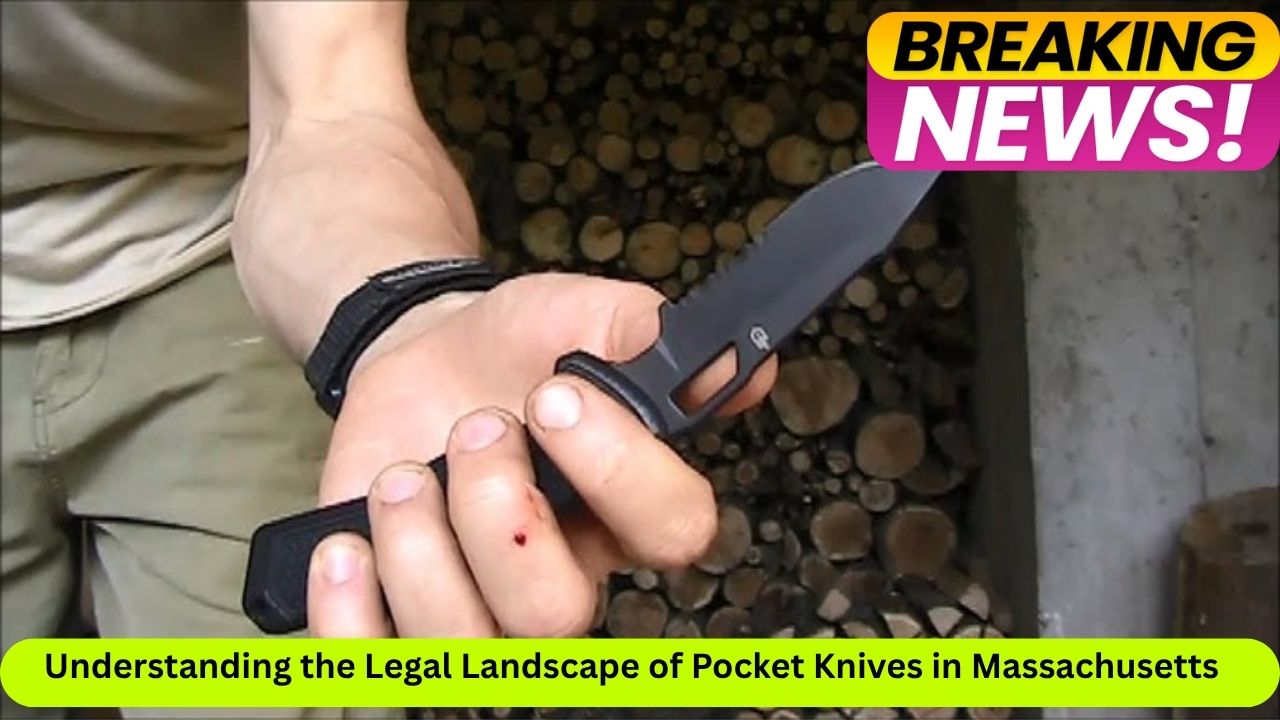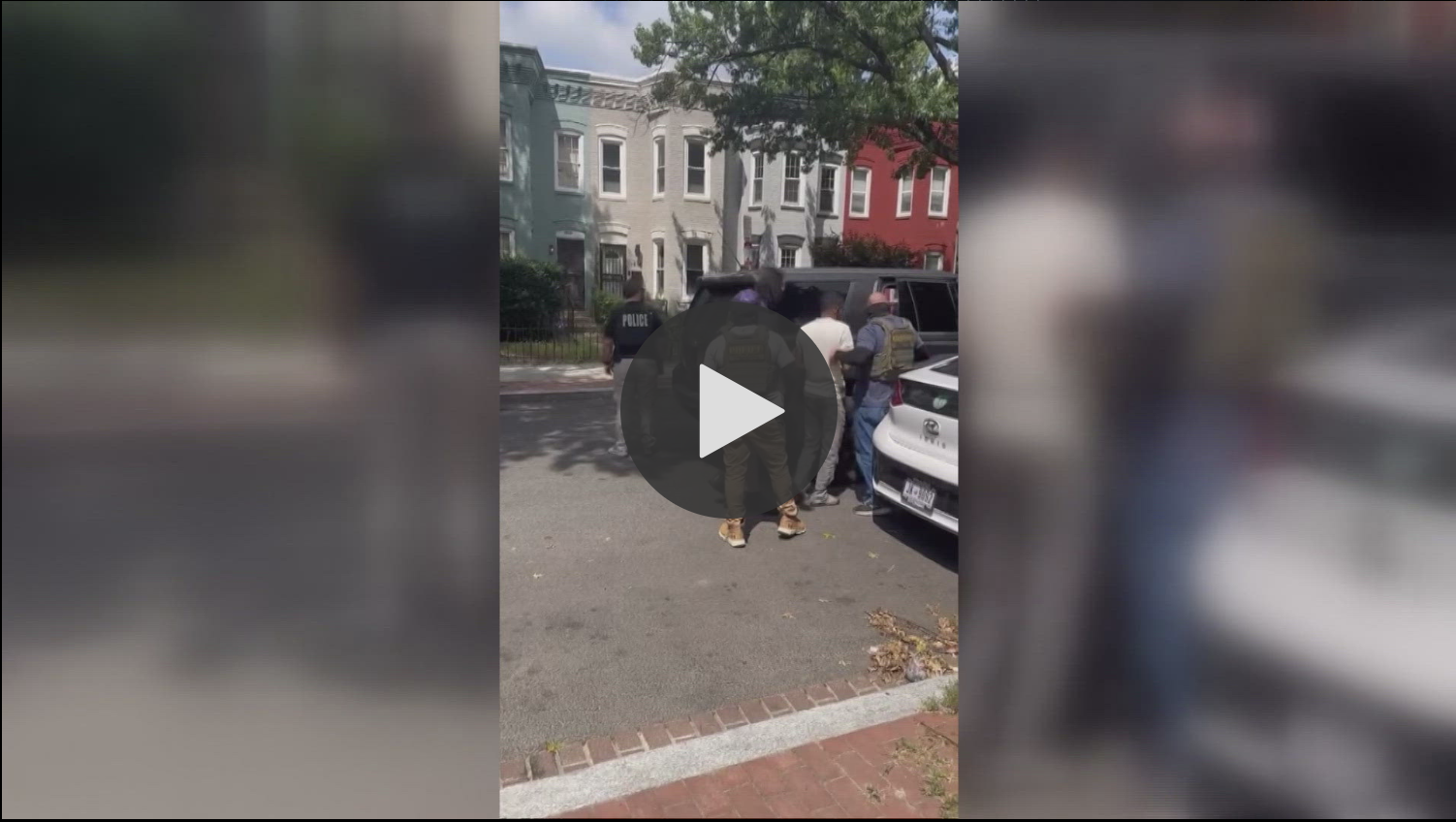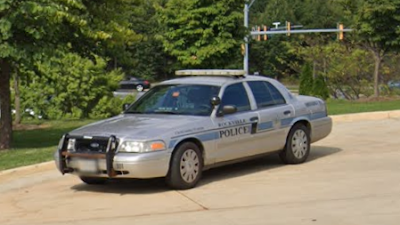Massachusetts has some of the most intricate and strictly enforced knife laws in the United States. For everyday residents, travelers, and knife enthusiasts, understanding what constitutes lawful knife possession and carry can be a matter of avoiding criminal charges. This article dives deep into the legal framework surrounding pocket knives in Massachusetts, offering clarity, guidance, and a city-by-city analysis to help ensure compliance with state and local regulations.
Overview of Massachusetts Knife Laws
The laws governing knives in Massachusetts are primarily covered under Massachusetts General Laws Chapter 269, Section 10. While the state doesn’t ban all knives outright, it does impose limits on types, blade lengths, and how knives are carried. Unlike in some states where knife laws are relatively relaxed, Massachusetts law takes a more restrictive approach—especially in urban centers like Boston and Worcester.
Key points of the law include prohibiting the carrying of certain knives in public places, the classification of dangerous weapons, and elevated restrictions in sensitive areas such as schools.
Definition and Classification of Pocket Knives
A pocket knife, for legal purposes, is generally considered a folding knife with a blade that folds into the handle and can be easily carried in a pocket. However, under Massachusetts law, the exact definition can vary based on blade length, mechanism, and intent.
Some common categories include:
-
Manual folding knives
-
Assisted-opening knives
-
Multi-tool knives with blade components
-
Lockback knives
Notably, switchblades and automatic knives are specifically restricted under state law, and even assisted-opening models may face legal scrutiny depending on how they are carried and used.
Legal Restrictions on Carrying Pocket Knives
The core issue in Massachusetts knife law isn’t always the knife itself but how and where it’s carried. Under MGL Ch. 269, Sec. 10(b), it’s illegal to carry certain types of knives, including dirks, stilettos, switchblades, ballistic knives, and any knife with a blade over 2.5 inches if carried with intent to use it unlawfully.
Even for common pocket knives, if law enforcement deems that the knife was carried for a purpose considered dangerous, such as intimidation or self-defense, it could be treated as a crime.
Concealed vs. Open Carry in Massachusetts
Massachusetts law does not explicitly differentiate between concealed and open carry of knives, but interpretation and enforcement can vary.
-
Concealed Carry: Often more scrutinized by police officers, particularly in high-crime areas or during routine stops.
-
Open Carry: Carrying a visible knife may not be illegal per se, but it could invite questioning, especially if the blade length appears excessive or if the individual is in a sensitive area like a school zone.
Because of the ambiguous nature of “intent,” carrying any knife—especially one not essential to your job or activity—could be risky.
Blade Length and Mechanism: What Matters?
Massachusetts does not impose a statewide ban based on blade length alone. However, local ordinances and law enforcement interpretations can treat knives with blades over 2.5 inches as dangerous weapons, especially if not used for a legitimate purpose.
Knives with certain mechanisms like spring-assist or gravity-assisted deployment can fall into legal gray areas and may be treated similarly to switchblades depending on the jurisdiction and context.
Pocket Knife Laws in Major Cities
Each city in Massachusetts may apply the law with varying degrees of enforcement. Let’s examine how some of the state’s largest cities approach pocket knife laws.
Boston
Boston has some of the strictest knife regulations in the state. Local ordinances ban the carrying of any knife with a blade over 2.5 inches in public places without a legitimate reason. The Boston Police Department has also been known to aggressively enforce these laws, especially during public events or in areas with high crime rates.
Worcester
Worcester, Massachusetts’ second-largest city, aligns closely with state law but with additional emphasis on school safety zones. Police here often interpret “intent” conservatively, so even legally owned knives may be confiscated if the carrier cannot articulate a clear, lawful purpose.
Springfield
Springfield, with a higher-than-average crime rate, has seen several arrests related to knife possession. Individuals found carrying pocket knives during traffic stops or street encounters are often charged with possession of a dangerous weapon, especially if the blade exceeds the 2.5-inch mark or is found in questionable contexts.
Cambridge
Cambridge is relatively more lenient, particularly due to its population of students and professionals. However, knives are strictly prohibited on university campuses, including Harvard and MIT, under both state law and institutional policy.
Lowell
Lowell enforces knife laws stringently in school and government building zones. Public transportation systems operated by the Lowell Regional Transit Authority also enforce no-knife policies, making it risky to carry pocket knives on buses or terminals.
Ingleside, Massachusetts
Though not widely known, Ingleside is a small, unincorporated community where enforcement trends follow county-level standards. While not having its own police force, sheriff’s deputies or state police may enforce general Massachusetts law. Due to its more rural setting, residents in Ingleside may face fewer confrontations over knife carrying, but caution is still advised near schools and public events.
Knife Possession on School Grounds and Government Property
Carrying any type of knife on school grounds in Massachusetts is a criminal offense, regardless of blade length or mechanism. The same applies to most government buildings and courthouses.
Even a small pocket knife used for utility purposes can be deemed illegal on these premises. The law here is absolute—intent, ignorance, or necessity are typically not accepted as defenses.
Pocket Knives and Minors
Massachusetts law also restricts the sale, possession, and use of pocket knives by minors under the age of 18. While there is no outright ban, retailers may face fines for selling to minors, and minors caught with knives in school or public spaces can face juvenile charges.
Legal Knife Use for Work, Recreation, and Collection
Many residents legally own pocket knives for work (e.g., electricians, mechanics), recreation (camping, fishing), or collection. In such contexts, Massachusetts law allows possession and transportation, but visible carry in public spaces without a specific task can still lead to questioning.
Those working in trades or outdoor jobs should ideally carry work ID and ensure the knife is stored safely during commutes to avoid issues with law enforcement.
Law Enforcement Discretion and Real-World Application
One of the most confusing aspects of Massachusetts knife law is the degree of discretion afforded to law enforcement. Officers have wide latitude to determine “dangerousness” or “intent to use unlawfully,” meaning even seemingly benign situations can escalate.
Cases exist where individuals were charged for knives left in backpacks, glove compartments, or even toolboxes—particularly during vehicle searches.
Recent Cases and Incidents in Massachusetts
Recent years have seen several high-profile incidents involving pocket knives:
-
A Boston resident was arrested in 2023 for carrying a spring-assisted knife while entering a Red Sox game at Fenway Park.
-
A Springfield student was charged after a pocket knife was found in his backpack during a random search.
-
In Worcester, a tradesman was briefly detained after a utility knife was spotted clipped to his belt while in a courthouse.
These cases underscore the importance of context and locality in determining legality.
How Massachusetts Compares to Other States
Compared to states like Texas or Arizona—where knife laws are lenient—Massachusetts ranks among the top ten most restrictive. While some Northeast states share similar standards (e.g., New York, New Jersey), Massachusetts’ unique emphasis on intent and discretion makes its laws particularly subjective.
Tips for Lawful Knife Ownership in MA
-
Avoid carrying pocket knives in public unless absolutely necessary.
-
Keep blade length under 2.5 inches for general carry.
-
Store knives safely and discreetly when transporting.
-
Never bring knives into schools, courts, or government buildings.
-
If questioned by police, explain the tool’s utility and avoid defensive language.
-
Avoid knives with spring-assisted, gravity, or automatic mechanisms unless clearly legal.
-
Maintain proof of trade, job necessity, or recreational use when possible.
Future of Knife Legislation in Massachusetts
Advocates have been pushing for clarity and reform in Massachusetts’ knife laws, urging lawmakers to define terms like “dangerous weapon” more concretely. Bills have been proposed to protect collectors and workers, though progress has been slow.
In light of national trends toward decriminalization and clarity, Massachusetts may eventually revise some of its broader statutes, but until then, strict compliance remains the safest route.
Conclusion
Massachusetts’ knife laws are complex and heavily reliant on interpretation. While pocket knives remain popular and widely used for lawful purposes, understanding where, how, and why you carry one is critical to staying on the right side of the law. Cities like Boston and Worcester enforce the laws more aggressively, while smaller areas like Ingleside may show more leniency—but no one is immune to the consequences of unintentional violations.
Being informed, cautious, and prepared is the best defense for knife owners navigating Massachusetts’ legal landscape.
















Leave a Reply